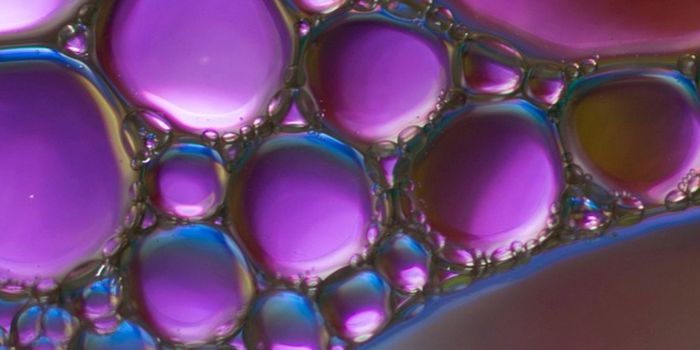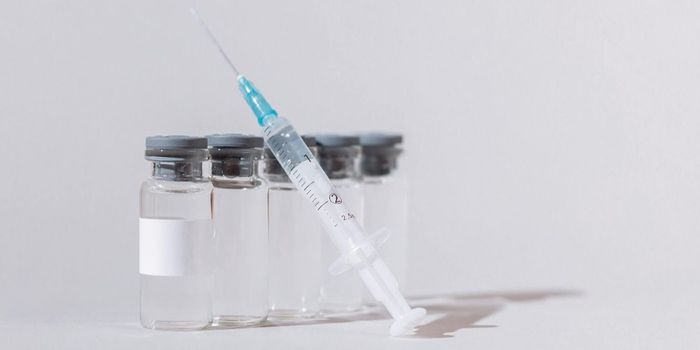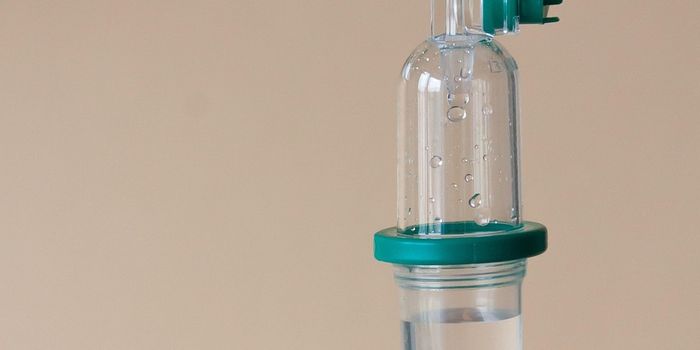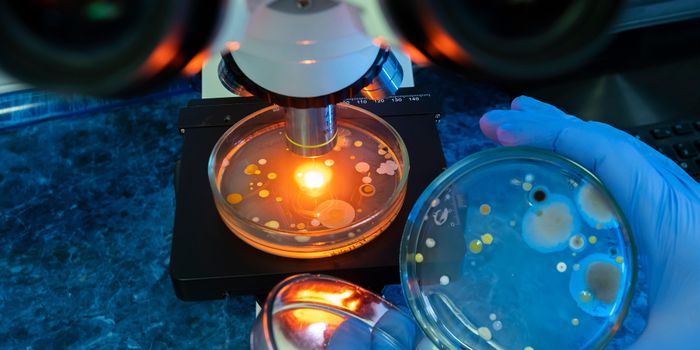Immune cells from recovered COVID-19 patients can help protect immunocompromised individuals against infection
Our knowledge of COVID-19 or SARS-CoV-2 is increasing every day, with new research papers published trying to help in developing a medication or a vaccine, hoping to end the pandemic.
The immune response towards SARS-CoV-2 remains under focus to try to solve its mystery and use it to protect us from the infection. Antibody response against parts of the coronavirus is now well developed. Recently T-cells response has also been studied and reported in a new study published in Blood.
T-cells are an essential component of the adaptive immune response; they have different functions as killing the infected cells and activating other immune system members.
The newly published study recognized that the blood of COVID-19 recovered patients has T-cells that recognize viral proteins in SARS-CoV-2, making them immune against the virus.
Image Credit: MattLphotography/Shutterstock.com
Michael Keller, M.D., a pediatric immunology specialist at Children's National Hospital, who led the study, said, "We found that many people who recover from COVID-19 have T-cells that recognize and target viral proteins of SARS-CoV-2, giving them immunity from the virus because those T-cells are primed to fight it,"
They collected those T-cells from different recovered donors, multiplied them in the lab to test their response against infection with SARS-CoV-2. The T-cells effectively targeted viral proteins that are important to its function, proving that they can help fight SARS-CoV-2 infection.
The researchers in the Cellular Therapy Program at Children's National suggested using T-cells immunotherapy to protect immuno-compromised patients as cancer patients or patients with blood disorders, as they can not fight the virus independently can get reinfected after recovery. The hypothesis was based on evidence from previous clinical trials that used trained T-cells to target viruses as Epstein-Barr virus.
"We know that patients who have immune deficiencies as a result of pre-existing conditions or following bone marrow or solid organ transplant are extremely vulnerable to viruses like SARS-CoV-2," says Catherine Bollard, M.D., M.B.Ch.B., senior author of the study and director of the novel cell therapies program and the Center for Cancer and Immunology Research at Children's National. "We've seen that these patients are unable to easily clear the virus on their own, and that can prevent or delay needed treatments to fight cancer or other diseases. This approach could serve as a viable option to protect or treat them, especially since their underlying conditions may make vaccines for SARS-CoV-2 unsafe or ineffective."
The study also found new ways that the immune system responds to coronavirus SARS-CoV-2, as the T-cells target proteins found on its cell membrane. This finding can redirect the current vaccine researcher's focus from targeting spike proteins, which help the virus penetrate host cells to target membrane proteins.
Watch the video below to learn about the structure of COVID-19.
Sources: Science Daily, Blood









